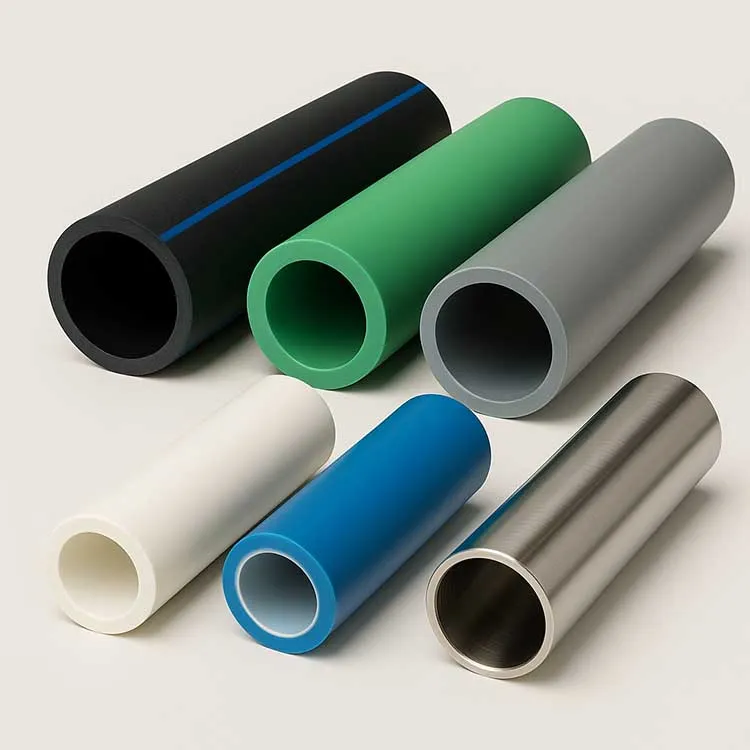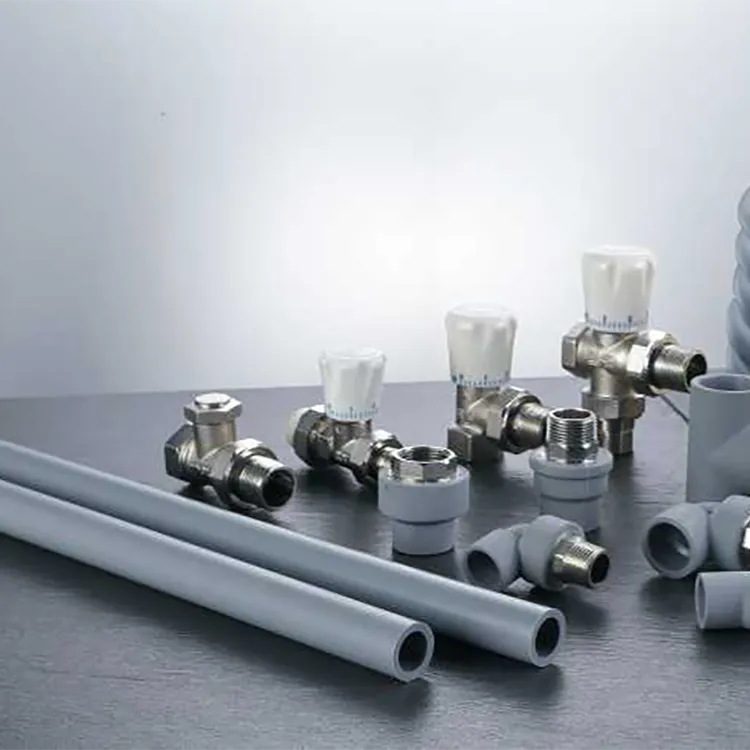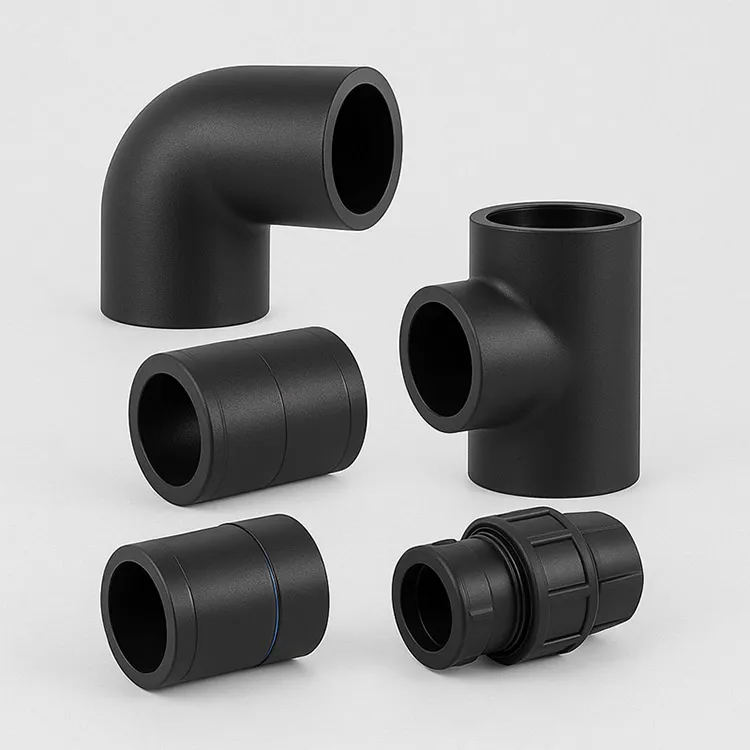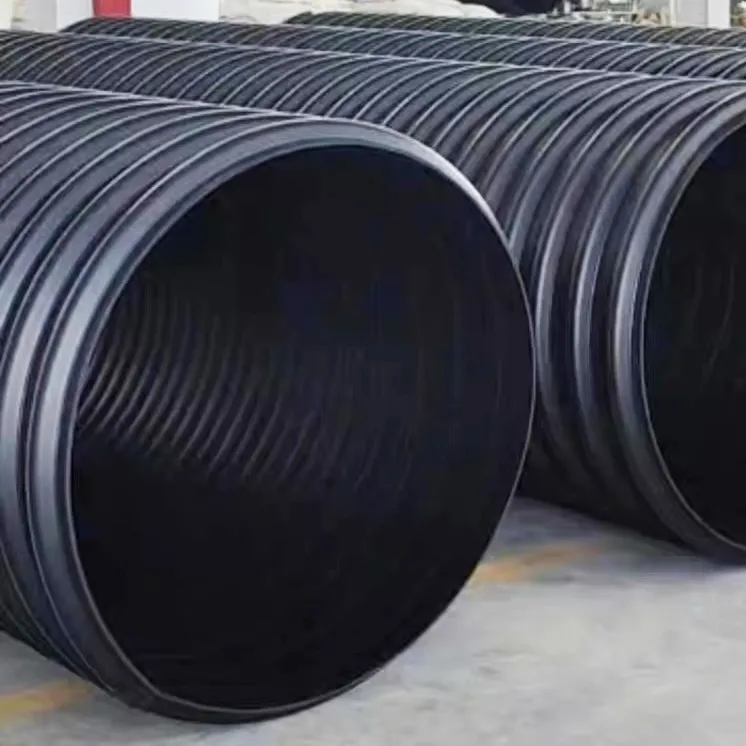Polyethylene (poly) pipe is a versatile and widely used material in various industries, including agriculture, landscaping, and water distribution. In this article, we will delve into the world of 2-inch poly pipes, with a specific focus on the 1000-foot rolls. This comprehensive guide will help you understand the properties, applications, and something you should know before you buy the 2-inch poly pipe 1000 ft.
2-inch poly pipe 1000 ft properties
The properties of a 2-inch polyethylene (poly) pipe in a 1000-foot roll can vary depending on the specific type and grade of polyethylene used. Here are some general properties and characteristics you can expect from a typical 2-inch poly pipe in a 1000-foot roll:
1. Material Type
Poly pipes are typically made from high-density polyethylene (HDPE) or low-density polyethylene (LDPE). HDPE is known for its superior strength and durability, making it a common choice for various applications.
2. Flexibility
Polyethylene is a flexible material, which allows the pipe to bend and conform to the contours of the terrain during installation. This flexibility makes it suitable for use in a variety of landscape and irrigation applications.
3. Pressure Rating
The pressure rating of the poly pipe can vary based on the class or thickness of the pipe. Typical pressure ratings for HDPE pipes can range from 80 PSI to 200 PSI or more, depending on the specific grade.
4. Resistance to Corrosion and Chemicals
Polyethylene is highly resistant to corrosion, making it suitable for applications involving water, chemicals, or other corrosive substances. It doesn't rust or corrode over time.
5. UV Resistance
Many poly pipes are designed to be UV-resistant. This feature helps protect the pipe from the damaging effects of prolonged exposure to sunlight, ensuring a longer lifespan, especially in above-ground applications.
6. Longevity
Poly pipes are known for their durability and long lifespan. When properly installed and maintained, they can last for decades.
7. Ease of Installation
The flexibility and lightweight nature of polyethylene pipes make them relatively easy to install, reducing labor costs and installation time.
8. Recyclability
Polyethylene is a recyclable material, which can be an important consideration for those looking to reduce their environmental footprint.
9. Low Maintenance
Once installed, poly pipes require minimal maintenance. They don't corrode, rust, or scale, which means they maintain a consistent water flow over the years.
10. Roll Length
A 1000-foot roll of poly pipe is a convenient option for long runs, as it reduces the need for frequent joints and connectors. Fewer connections can reduce the risk of potential leaks.
It's essential to note that the specific properties and characteristics of a 2-inch poly pipe in a 1000-foot roll may vary based on the manufacturer, grade, and intended application. Before making a purchase, it's advisable to consult with the supplier or manufacturer to ensure that the product you choose meets the requirements of your specific project, including pressure, temperature, and environmental conditions. Additionally, check if the product complies with any relevant industry standards and regulations to ensure its suitability for your intended use.
2-inch poly pipe 1000 ft applications
A 2-inch polyethylene (poly) pipe in a 1000-foot roll has a wide range of applications due to its versatility and durability. Here are some common applications for such a poly pipe:
1. Irrigation
One of the most common uses for 2-inch poly pipe is in agricultural irrigation systems. It can efficiently transport water to fields, orchards, and crops, ensuring proper hydration for plants.
2. Landscaping
Poly pipe is an excellent choice for landscaping and lawn irrigation systems. Its flexibility allows it to follow the contours of the land, delivering water precisely where it's needed. This is especially useful for parks, golf courses, and residential properties.
3. Municipal Water Distribution
In some cases, 2-inch poly pipe is used in municipal water distribution systems, especially for connecting main water lines to residential areas or remote locations. Its resistance to corrosion ensures clean water delivery.
4. Construction
Poly pipe can be used in construction projects for temporary water supply lines, particularly in remote or off-grid areas where traditional plumbing infrastructure may not be available.
5. Mining
The durability of poly pipe makes it suitable for mining operations. It can transport water, slurry, or chemicals in mining environments where the pipe may be exposed to abrasive materials.
6. Wastewater and Sewer Systems
In certain applications, poly pipe is used to transport wastewater and sewage. Its resistance to corrosion and abrasion is beneficial in these environments.
7. Dredging
In dredging operations, 2-inch poly pipe may be used for transporting dredged materials such as sand and slurry.
8. Pond and Lake Aeration
Poly pipe can be used to supply air to ponds and lakes for aeration purposes, which can help maintain water quality and promote aquatic life.
9. Geothermal Systems
Poly pipe is used in geothermal heating and cooling systems to transport the heat exchange fluid to and from the ground.
10. Oil and Gas Industry
In some specific applications within the oil and gas industry, poly pipes are used for the transportation of water or other fluids.
11. Temporary Water Supply
For special events, construction sites, or emergency situations, a 2-inch poly pipe can be used to provide temporary water supply, making it a versatile choice.
It's important to note that the suitability of a 2-inch poly pipe for a specific application may depend on factors like the material type (HDPE or LDPE), pressure rating, and any additional features such as UV resistance. Before using a 2-inch poly pipe for a particular project, it's crucial to consult with a professional, adhere to local building codes and regulations, and ensure the product meets the necessary requirements and standards for the intended application.
A list of things you should know before making your purchase
Before you purchase a 2-inch poly pipe in a 1000-foot roll, it's important to consider several factors to ensure that you get the right product for your specific needs. Here's a list of things you should know and consider before making your purchase:
1. Application and Intended Use
Determine the specific purpose of the poly pipe. Is it for irrigation, water distribution, or another application? The intended use will affect the required specifications, such as pressure rating and material type.
2. Material Type
Polyethylene pipes come in various grades and types. High-density polyethylene (HDPE) and low-density polyethylene (LDPE) are common options. HDPE is known for its strength and durability, making it suitable for most applications.
3. Pressure Rating
Check the pressure rating of the poly pipe. It should be suitable for the maximum pressure expected in your system. This information is usually provided in pounds per square inch (PSI).
4. Pipe Class and Thickness
Poly pipes are available in different classes or thicknesses. The class indicates the pipe's wall thickness and, consequently, its strength. A higher class typically means a thicker wall and greater durability.
5. Size and Diameter
Confirm that you need a 2-inch diameter pipe, as this should be based on your specific requirements. Smaller or larger sizes may be more suitable depending on your project.
6. Roll Length
Verify that you indeed need a 1000-foot roll. Smaller or larger rolls are available, so consider your project's length and the convenience of handling the roll size.
7. Certifications and Standards
Ensure that the poly pipe meets relevant industry standards and certifications. This guarantees its quality and suitability for the intended application.
8. Environmental Considerations
Think about the environmental impact of your choice. Polyethylene is a recyclable material, which can be an important consideration if sustainability is a concern.
9. UV Resistance
If the poly pipe will be exposed to sunlight, check for UV resistance. UV-resistant pipes are essential for above-ground installations to prevent degradation.
10. Fittings and Connectors
Be aware of the type of fittings and connectors needed for your poly pipe. Ensure compatibility with the pipe you plan to purchase.
11. Local Regulations
Familiarize yourself with any local regulations or codes that might dictate the type of pipe you can use for your project. Compliance is essential to avoid legal issues.
12. Supplier and Warranty
Choose a reputable supplier or manufacturer. Inquire about warranties and customer support in case you encounter any issues with the product.
13. Installation and Tools
Understand the installation process and the tools required. This will help you prepare for a smooth installation and avoid unexpected delays or costs.
14. Budget and Cost
Determine your budget and compare prices from different suppliers. While cost is a consideration, prioritize quality and suitability for your project.
15. Maintenance and Repairs
Consider the long-term maintenance and repair requirements of the poly pipe. Generally, poly pipes require minimal maintenance, but it's good to be prepared.
By taking these factors into account and doing thorough research, you can make an informed decision when purchasing a 2-inch poly pipe in a 1000-foot roll. This ensures that you get the right product for your specific needs and that your project runs smoothly and efficiently.
Conclusion
A 2-inch poly pipe in a 1000-foot roll is a versatile and cost-effective solution for various applications. Its flexibility, durability, and ease of installation make it an ideal choice for irrigation, water supply, and more. Whether you're a farmer looking to optimize your crop irrigation, a landscaper designing an efficient sprinkler system, or a municipality seeking reliable water distribution, the 2-inch poly pipe can meet your needs. Its long-lasting performance and environmental benefits make it a compelling choice in the world of piping materials.



981.webp)

 (1)379.webp)

294.webp)
476.webp)
420.webp)
146.webp)
460.webp)
287.webp)
274.webp)
688.webp)


